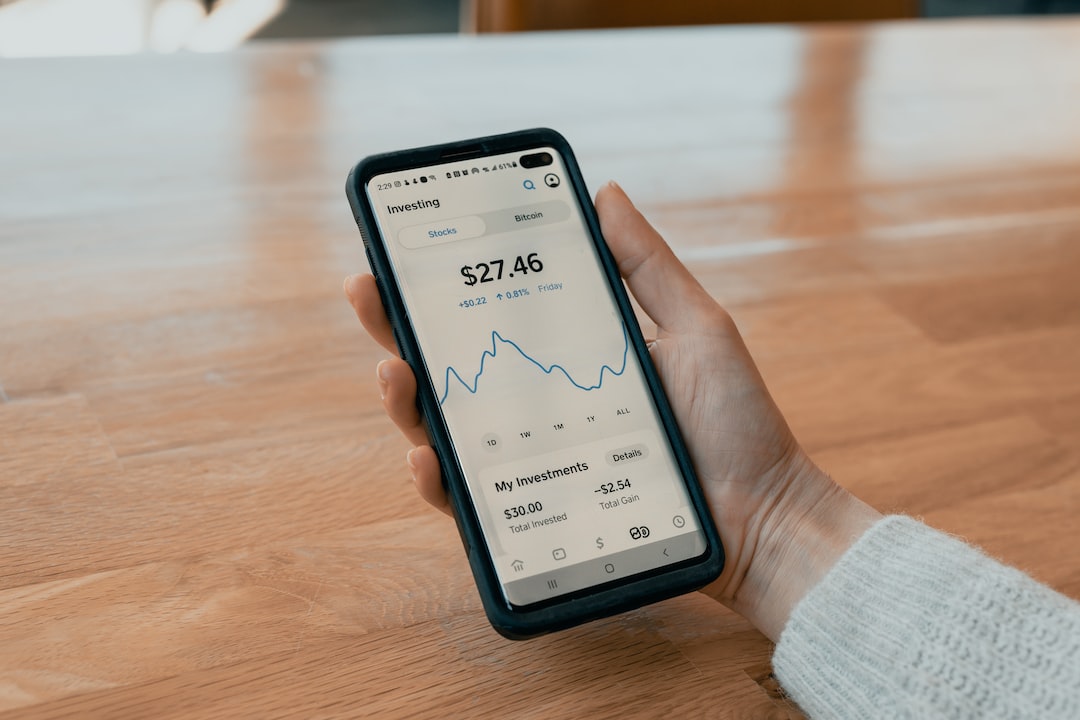Forex trading is the largest financial market in the world, with a daily turnover of over $5 trillion. It enables traders to buy and sell currencies with the aim of profiting from the fluctuations in exchange rates. Forex trading is not only accessible to large financial institutions but also to individual traders who have access to online trading platforms. However, before one can start trading, there is a need to understand the role of a forex broker.
A forex broker is an intermediary between the trader and the currency market. The broker provides access to the market by offering trading platforms, forex education, market analysis, and customer support. The broker earns a commission from the spread, which is the difference between the bid and ask price of a currency pair.
The role of a forex broker is critical in forex trading. The broker provides the trader with access to the market and ensures that the trader’s orders are executed in a timely and efficient manner. The broker also provides the trader with the necessary tools to analyze the market and make informed trading decisions.
One of the primary functions of a forex broker is to provide the trader with a trading platform. The trading platform is a software application that enables the trader to place orders, manage trades, and access market data. The platform should be user-friendly, reliable, and secure. Most brokers offer a choice of trading platforms, including the popular MetaTrader 4 and MetaTrader 5 platforms.
In addition to the trading platform, the forex broker also provides the trader with access to the forex market. The forex market is a decentralized market where currencies are traded 24 hours a day, five days a week. The broker connects the trader to the market by providing access to liquidity providers, such as banks and other financial institutions.
Another essential role of a forex broker is to provide the trader with forex education and market analysis. The forex market is complex, and traders need to have a good understanding of the market to make informed trading decisions. The broker provides the trader with access to market analysis, including technical and fundamental analysis, as well as forex education, including webinars, tutorials, and trading guides.
The forex broker also provides the trader with customer support. The forex market is a fast-paced market, and traders may encounter issues or have questions that need to be addressed quickly. The broker should provide excellent customer support, including phone, chat, and email support, as well as a knowledge base and FAQs.
When choosing a forex broker, there are several factors to consider. These include regulation, trading platforms, fees, spreads, customer support, and reputation. Regulation is essential because it ensures that the broker operates within the legal framework and provides a safe and secure trading environment for the trader. The trading platform should be reliable, user-friendly, and provide the necessary tools for market analysis and trading.
Fees and spreads are also important because they affect the trader’s profitability. The broker earns a commission from the spread, so traders need to choose a broker with competitive spreads. Customer support is critical because traders may encounter issues that need to be addressed quickly, and a broker with excellent customer support can help resolve these issues promptly.
In conclusion, a forex broker is an essential component of forex trading. The broker provides the trader with access to the market, trading platforms, forex education, market analysis, and customer support. When choosing a forex broker, traders need to consider several factors, including regulation, trading platforms, fees, spreads, customer support, and reputation. Choosing the right broker can help traders to achieve their trading goals and make profits in the forex market.






